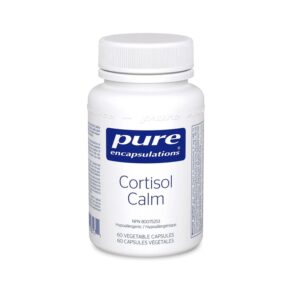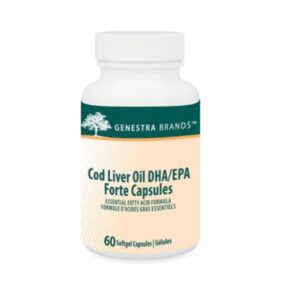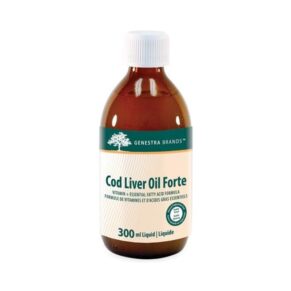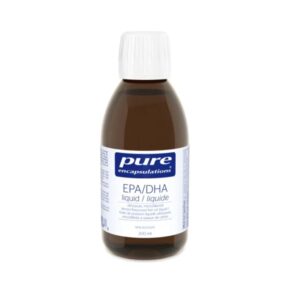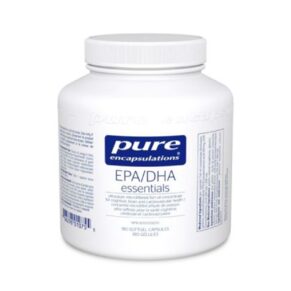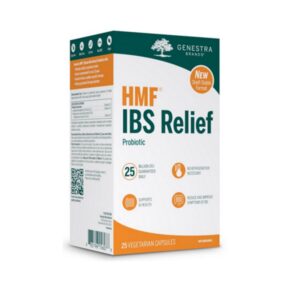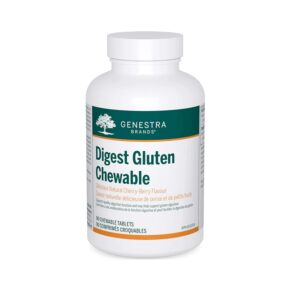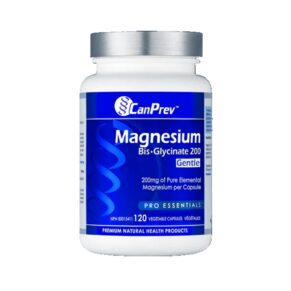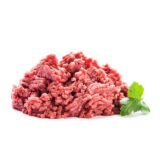
Most people who struggle to find allergy relief go to the doctor to be treated and/or are routinely given pharmaceuticals ranging from acetaminophens to antihistamines, both of which may actually further aggravate the symptoms they were given for. If you prefer not to take prescriptions to keep your symptoms under a control, what can help allergies at home?
Home remedies for allergies — including symptoms like congested sinuses, headaches, and watery or itchy eyes — include eating an anti-inflammatory diet, taking natural supplements, using essential oils. Below you’ll learn about some amazing, all-natural home remedies for allergies that can help provide fast allergy relief.
Eat an Anti-Inflammatory Diet
Start eating an anti-inflammatory diet to reduce your risk for allergies and many other health problems. Caring for your body with nutrient-dense foods gives your immune system the ability to repair itself, bringing it back into balance so it can fight off common allergies in your environment.
Here are some of the best foods and ingredients to incorporate into your diet to help you beat allergies:
Garlic: Garlic is a natural antibiotic that helps ward off infections, viruses and even allergies. Eating or juicing two raw cloves of this powerful antioxidant may literally keep the doctor away. Raw garlic eaten every day helps fight off all types of allergies because it boosts your immune system immensely.
Lemons: Lemons and limes are excellent immune-boosting fruits and used for various afflictions, including allergies. Both of these fruits are loaded with vitamin C and immune-boosting antioxidants. Drinking lemon water throughout the day detoxifies the body and rids it of impurities.
Green leafy vegetables: Leafy greens (including spinach, kale, collard greens, romaine, arugula and watercress) are great sources of essential vitamins, minerals, antioxidants and enzymes that aid detoxification and help reduce inflammation.
Probiotic-rich foods: Probiotic foods support immune health and can help repair a damaged intestinal lining. Examples include kefir, sauerkraut, kimchi, natto, yogurt, raw cheese, miso and kombucha.
Bone broth : Bone broth, made from beef and chicken stock, is rich in many minerals and amino acids that support the treatment of leaky gut, thereby helping strengthen the immune system.
Supplements:
Bromelain
Bromelain is an enzyme found in papaya and pineapple. Natural healers consider bromelain to be effective at improving breathing by reducing swelling.
Probiotics
A 2015 review Trusted Source of 23 studies indicated that probiotics may help improve symptoms of allergic rhinitis.
Stinging nettle
Natural healing practitioners suggest stinging nettle as a natural antihistamine to help with allergy treatment.
Quercetin
Quercetin is a favorite of natural healing advocates who believe that it stabilizes the release of histamines and helps to control allergy symptoms. It’s naturally found in broccoli, cauliflower, green tea, and citrus fruits.
Essential oils
Peppermint essential oil
A 1998 studyTrusted Source showed that peppermint oil treatment had enough anti-inflammatory effects that reduced the symptoms of bronchial asthma and allergic rhinitis to warrant clinical trials. Essential oils can be diffused into the air but should be diluted in a carrier oil if applied topically.
Eucalyptus essential oil
Advocates of natural healing suggest using eucalyptus oil as an antimicrobial agent by adding it to each load of wash during allergy season.
Frankincense essential oil
Based on the results of a 2016 study, frankincense oil may help against perennial allergic rhinitis. You can dilute it in a carrier oil and use behind your ears or use inhalation by diffusing it into the air.
Lifestyle tips
Vitamin D
Vitamin D is also important for immune function and may help manage allergy symptoms.
You can get enough vitamin D by spending about 15 minutes in the sun most days without sunscreen and by eating foods like whole milk and some mushrooms for natural allergy relief.
Air filters
Consider using an air filter in your indoor environments.
High-efficiency particulate air (HEPA) filters are one type of air filter to consider. By trapping airborne irritants such as pollen, dust, and pet dander, HEPA filters reduce allergens in your home.
Air conditioners and dehumidifiers
By removing moisture from the air, air conditioners and dehumidifiers can limit the growth of mildew and mold that can negatively impact allergies.
Reference
https://draxe.com/health/8-natural-allergy-relief-remedies/
https://www.healthline.com/health/home-remedies-for-allergies
